The Wessex SDE is committed to putting patients and the public at the heart of decision making. We are working together to set the values that guide it, the rules that govern it and agree how it is run.
We have taken a strategic approach to delivering a large programme of engagement to invite patients and the public to help us to design and operate the SDE in a way that can be trusted. This started with a review of the extensive work undertaken at a national level on public views on data sharing to inform our approach.
Stage1: Seldom heard groups outreach
Comparatively little research had been done on the voices of seldom heard groups, people who represent underserved parts of our communities less likely to be heard by professionals, health services research and decision-makers. Wessex SDE prioritised these groups for early engagement because we believe it is important to involve people who are most marginalised in our society, including those who may have sensitive health data.
We used NHS England’s Core20PLUS5 criteria (an approach to healthcare inequalities that includes the most deprived 20% of the population, marginalised groups and clinical areas of focus) to identify 600 grassroots organisations and network groups. We contacted the leaders and coordinators and asked if their groups would be interested in participating.
Between November 2023 and April 2024, we worked through community groups, charities, and faith groups, to visit 40 organisations. Through workshops and discussions with these groups, held in their own individual locations and settings, we spoke to over 560 people representing seldom-heard communities across Dorset, Hampshire and the Isle of Wight.
Our participants included carers, people living with long-term and/or complex conditions, people with a history of substance abuse, people in economic disadvantage, settled travellers, people with English as an additional language, veterans, disabled people, older people and young people.
Detailed outputs of the engagement [will be/are] available on our SDE website [LINK].
Stage 2: Wessex Public Panel on ‘The use of NHS data for research’
The principles that came out of the Seldom Heard Groups report were integrated into our planning for a series of public deliberation events held over summer 2024.
50 public members selected by lottery from across Wessex to provide a representative sample of the Wessex population, ensuring diversity in age, gender, ethnicity, socio-economic background, and other demographic factors. The public panel was run as 3 full day events in Bournemouth and Southampton (25 members each) and a final 4th session brining all the participants together.
To maximise value and minimise repetition, we did not re-validate findings from previous national work on the opinions of the public on the use of health data, which are already well understood and captured in our literature review.
Case studies were used to show what research will be enabled, the value that the research delivers to the public, the need for different datasets and the value, risks or challenges. The four sessions covered:
- Day 1: Developing understanding of data driven research, different types of data and the role of the SDE
- Day 2: Concerns, risks and value exchange
- Day 3: Implementing values-based principles in the SDE governance
- Day 4: Recommendation setting for trusted SDE design, operation and decision making
Outputs from this event are currently being bought together and a copy of report will be published on our website.
Stage 3: Large scale promotion of the SDE
From the start of 2025 we are launching our ‘Improving tomorrow’s health’ campaign. We will be sharing information about the SDE and validating the outputs from our public panel, inviting people across Wessex to tell us what they think about the project and giving them the opportunity to get their questions answered.
Further information about the campaign and how the public can get involved will be posted on our website.



